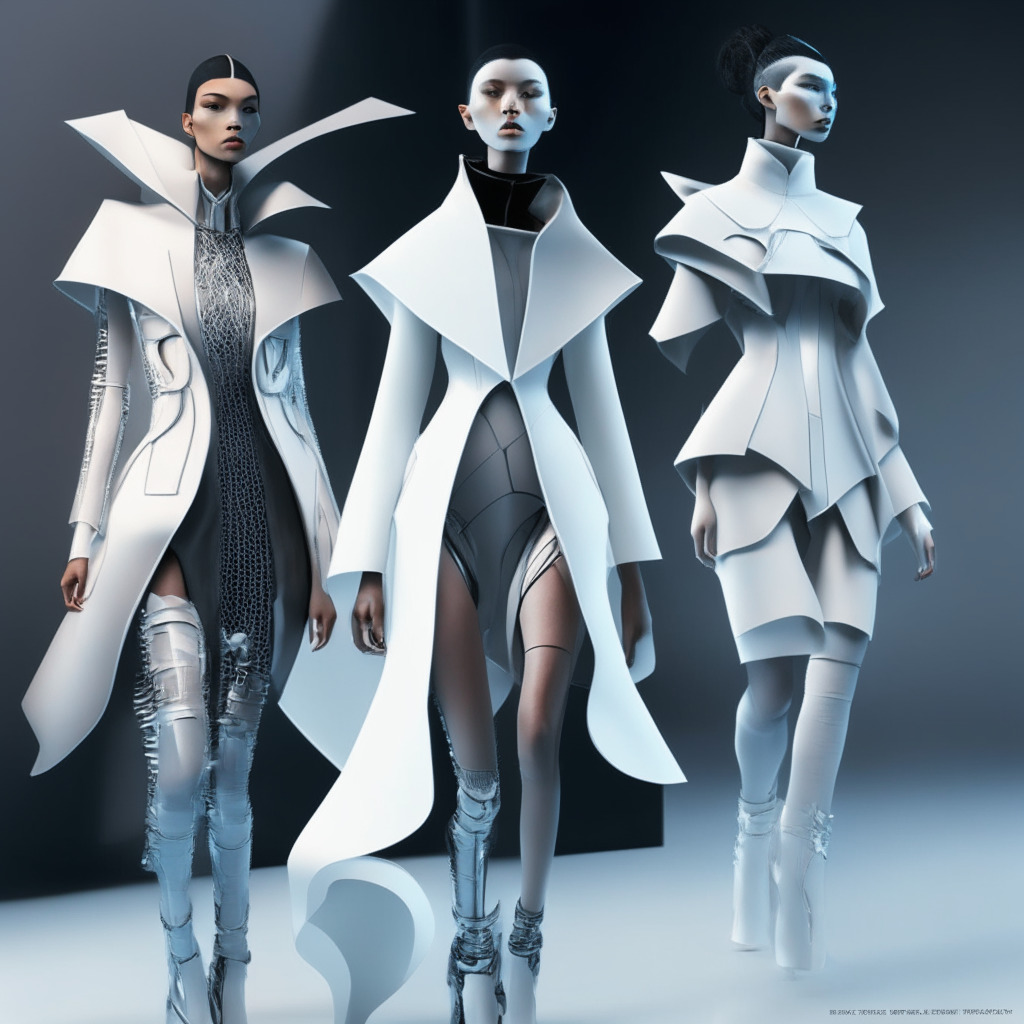A new wave of interest in the digital realm has swept the fashion industry, with brands eager to explore the potential of metaverse and Web3 projects. However, these efforts are not without challenges, as intellectual property (IP) protection remains a top concern for many. As BNV founder and CEO Richard Hobbs revealed in an interview with Decrypt during this year’s NFC Lisbon event, fashion houses must find a way to embrace the collaborative nature of the metaverse while safeguarding their unique identities and designs.
BNV is an alluring digital world that invites users to enter as simple grey avatars, which can then be adorned with virtual garments from major fashion brands seeking to expand their digital presence. The key to success in this space, Hobbs explained, lies in demonstrating how the brands can maintain control over their IP while empowering their community to engage in co-creation.
Drawing a parallel with the physical retail experience, Hobbs highlighted how customers routinely modify and personalize their purchases before reselling them. For example, someone might buy a Ralph Lauren shirt, alter it with custom design elements, and then sell it to someone else. This type of creative freedom is not only an exciting prospect for designers looking to experiment with existing styles but also a lucrative opportunity for brands to earn royalties from the modified items.
Moreover, the scalability inherent in the digital domain offers vast potential for both creative expression and revenue generation. With the ability to produce and sell multiple iterations of a product, the online marketplace presents a far more expansive proposition than its real-world counterpart.
However, Hobbs acknowledges that embracing this co-creative model represents a significant step for many fashion brands, particularly those with a deeply ingrained personal investment in their collections. The emotional attachment to one’s brand and designs can make the prospect of user-driven customization a difficult pill to swallow.
Ultimately, though, Hobbs believes that as more fashion brands recognize the potential of co-creation, including its commercial appeal, they will be increasingly inclined to make the leap into Web3. In this brave new world, the collaboration between brands and their communities holds the key to unlocking the full potential of the metaverse, redefining the way we consume and interact with fashion in the digital realm. As this shift occurs, the industry must not only adapt to a new way of thinking but also find innovative ways to balance creative flexibility with IP protection in an ever-evolving landscape.
Source: Decrypt




